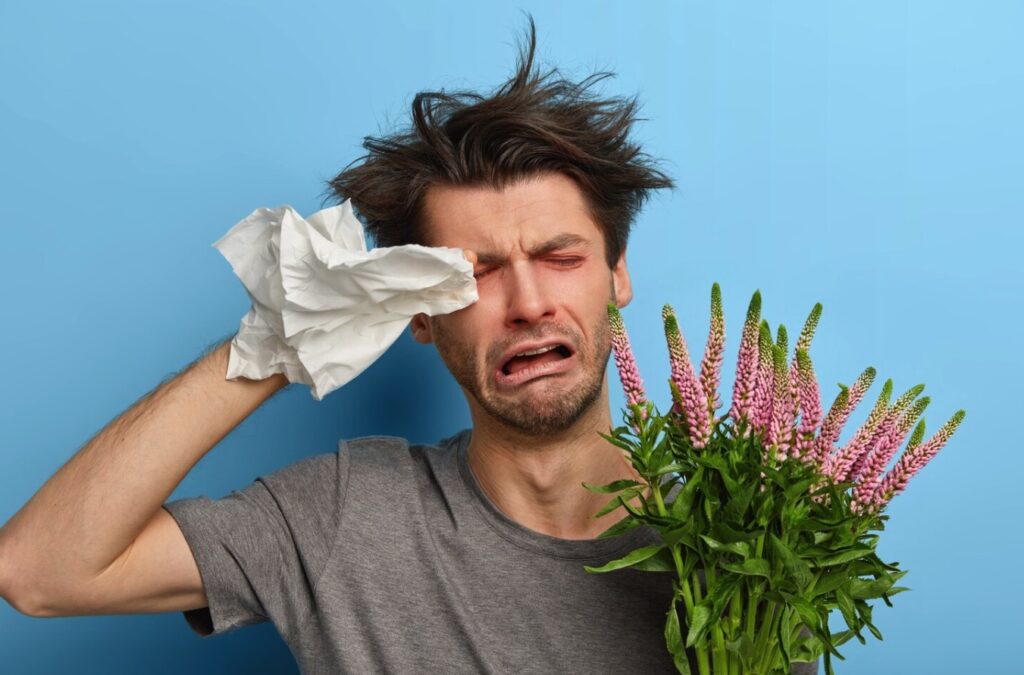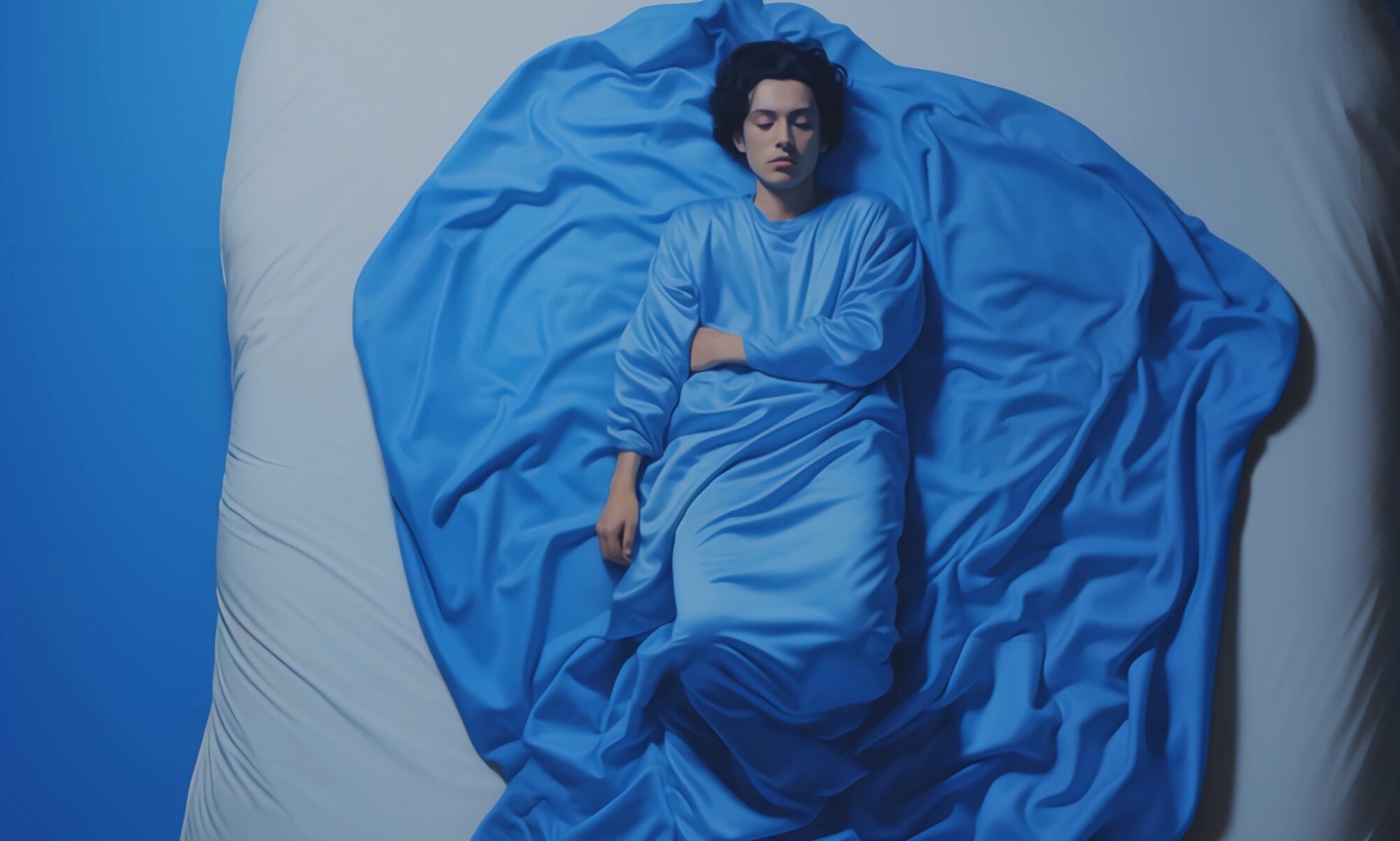Dive into the intriguing topic of whether sneezing can occur in one’s sleep. Uncover common myths, understand why you might not remember sneezing at night, and learn practical tips to enhance your sleep environment.
Imagine this: it’s the middle of the night, you’re deep in the land of dreams, when suddenly, you feel an itch in your nose. But instead of a loud sneeze, you simply keep dreaming. It leads one to wonder, can you actually sneeze while you’re asleep?

The Myth of Sleep Paralysis and Sneezing
Many people mistakenly believe that when you are asleep, your body becomes entirely unresponsive, almost like you’re in a state of paralysis. This misconception mostly stems from the experience known as sleep paralysis, where a person wakes up but feels unable to move. However, this doesn’t mean that all bodily functions cease.
When we’re asleep, our brain goes through various sleep cycles, including REM sleep, where most dreaming occurs. During this time, a range of bodily functions are still active. If a sneeze is triggered due to allergens or irritants present in your environment, your body can respond—though you may not necessarily remember it the next morning.
Why You May Not Remember Sneezing at Night
Another reason you might not recall sneezing during the night relates to our brain’s processing capabilities while we’re asleep. We are less aware of external stimuli. The body often has a way of dampening reactions during sleep to avoid disturbed rest. Thus, even if you do sneeze, it might go unnoticed in the haze of slumber. You might merely have a faint memory of the sensation when waking up, but the actual act might escape your recall.
This phenomenon is aligned with various sleep stages, where the body’s responses are different. Sneezing requires a level of alertness that might not align with deep sleep stages. Because of this, many find they can go through sleep without ever realising they might have sneezed!
Addressing Nighttime Sneezing
If you do find yourself sneezing more often at night, it might be a sign of allergies or other irritants in your sleeping environment. Dust mites, pollen, and pet dander can all contribute to irritation and make it more likely that your body will react. Practicing good sleep hygiene can help:
- Keep your Bedroom Clean: Regular dusting and cleaning of fabrics can drastically reduce irritants.
- Use Allergen-Proof Covers: Consider using hypoallergenic pillow and mattress covers to create a barrier against dust and allergens.
- Control Indoor Humidity: Maintaining a balanced humidity level can deter dust mites and mold, common triggers of allergy symptoms.
By addressing these factors, you can enhance the quality of your sleep, potentially reducing those pesky nighttime sneezes.
Sweet Dreams Ahead
Understanding the interplay between sleep, bodily functions, and environmental triggers can enrich our approach to rest. While sneezing in your sleep may not be the norm, it’s reassuring to know your body can still react to external irritants. For those on a quest for deep, uninterrupted slumber, consider exploring Dozywave’s range of sleep products. We’re dedicated to crafting solutions that allow everyone to indulge in a night of infant-like sleep.

